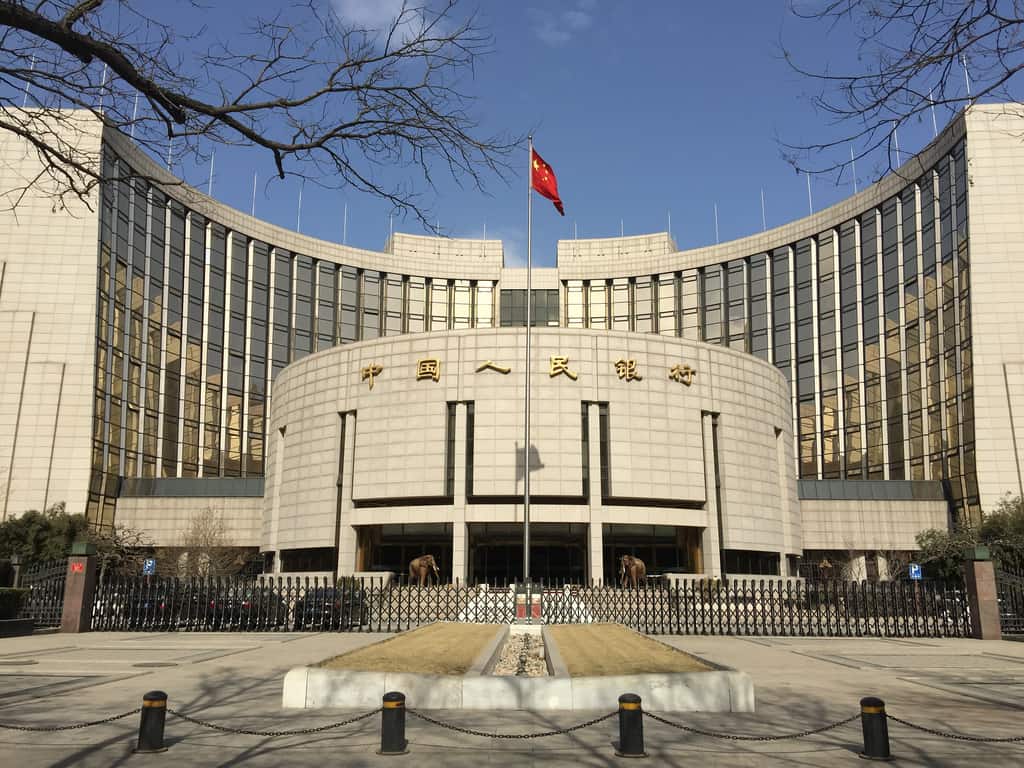A senior official with the Chinese central bank has sought to highlight the distinction between its central bank bill swaps and quantitative easing.
The People’s Bank of China (PBOC) recently gave the green light to the issuance of perpetual bonds by commercial banks as part of efforts to expand their capital supplementation channels, with Bank of China issuing 40 billion yuan in the instruments towards the end of January.
Around the same time PBOC also announced the launch of central bank bill swaps (CBS) in a bid to improve the liquidity conditions for commercial bank perpetual bonds.
At the China Finance 40 Forum (中国金融四十人论坛) held on 19 February Pan Gongsheng (潘功胜), PBOC deputy governor and head of the State Administration of Foreign Exchange (SAFE), sought to assuage reports that the launch of CBS will lead to a dramatic change in overall liquidity conditions and comprise a form of quantitative easing.
“Perpetual bonds are quite a good channel for banks to supplement their capital, and the supplementation of bank capital via perpetual bonds has just entered the execution phase in China,” said Pan.
“In order to guide and cultivate the market, certain forms of policy support are required.
“The People’s Bank of China’s launch of central bank bill swaps and its inclusion of the perpetual bonds of qualified banks as central bank collateral will expedite a rise in the liquidity and market acceptability of perpetual bonds.
“What must be pointed out is that CBS are not at all a form of quantitative easing, and there are fundamental distinctions between CBS and QE.”
Pan highlighted two key differences between CBS and QE:
- According to Pan the use of CBS involves “swapping instruments for instruments,” and does not entail any release of liquidity or any adjustments to the base money supply.
- CBS will not lead to a shift in the ownership rights and credit risk of perpetual bonds. Pan points out that perpetual bonds will still reside on the balance sheets of commercial banks, and that any interest will be earned by the holders of the bonds, which marks a fundamental difference to QE.
Sun Guofeng (孙国峰), head of PBOC’s monetary policy department, said that the volume of CBS would not be as large as imagined, and that the Chinese central bank would “undertake the first CBS operations very soon.”
“With regard to improvements to policy measures, we must continue to optimise the policy framework for capital supplementation bonds, by


